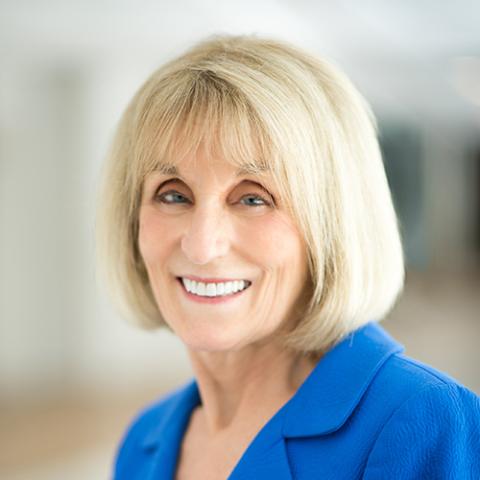The World Health Organization's recent ban of five copy AIDS drugs from its list of pre-qualified medicines has regrettably tarnished the image of an important health institution and cast serious doubt upon its ability to pre-qualify AIDS drugs.
To restore confidence to this vital UN-agency and the 3 by 5 Initiative, Hudson Institute Senior Fellows Dr. Carol Adelman and Jeremiah Norris call upon WHO Director-General Lee Jong-wook to establish an independent panel of inquiry, composed of non-stakeholders, to re-assess the practices and procedures of the WHO pre-qualification project.
Since these drugs comprise the therapeutic backbone of the WHO's 3 by 5 Initiative, the ban on these Indian-made copy drugs jeopardizes this ambitious global initiative; and the health status of the thousands of AIDS patients who have taken these sub-standard products over the past 18 months remains uncertain.
Pre-qualified by WHO, these copy drugs-produced by Cipla and Ranbaxy-were banned this summer after the WHO admitted they could no longer endorse these products as being bio-equivalent to the innovator products. Taking inferior AIDS treatments, experts say, can cause the HIV virus to mutate and create new strains resistant to all available drugs.
However, despite a recent call from Eudoxa, a non-governmental group in Sweden, for Dr. Lee to resign, Adelman and Norris believe such a move is premature and unwarranted.
"Dr. Lee has been director-general for less than a year and should be given time to rectify a situation that, while rapidly spinning out of control, is not yet entirely of his making," said Adelman and Norris. "Instead, we call upon Dr. Lee to gather experts from around the world to reevaluate how medicines are pre-qualified by WHO. WHO can no longer afford to hide behind its well-earned legitimacy by claiming that its recent ban on these copy drugs alone establishes the effectiveness of its pre-qualification project. By taking this unprecedented initiative today, Dr. Lee will help restore the WHO's reputation as a pre-eminent global health institution."
The independent panel of inquiry should address the following questions:
* Did WHO demand a certification of Good Clinical Practices (GCP) and Good Laboratory Practices (GLP) from Cipla and Ranbaxy when they submitted applications for approval to the pre-qualification project?
* Did WHO review the raw data on the bio-equivalence studies produced by Cipla and Ranbaxy?
* What steps did WHO take to ensure compliance before it accepted the Good Clinical Practices (GCP) and Good Laboratory Practices (GLP) studies from Cipla and Ranbaxy?
* What has WHO done to check the validity of submissions by other drug companies including but not limited to Cipla and Ranbaxy whose drugs are approved by the pre-qualification project?
To date, the WHO has yet to demand that Cipla and Ranbaxy recall these products or to conduct post-marketing surveys to determine if any adverse health reactions have occurred as a result of taking these inferior drugs.
















